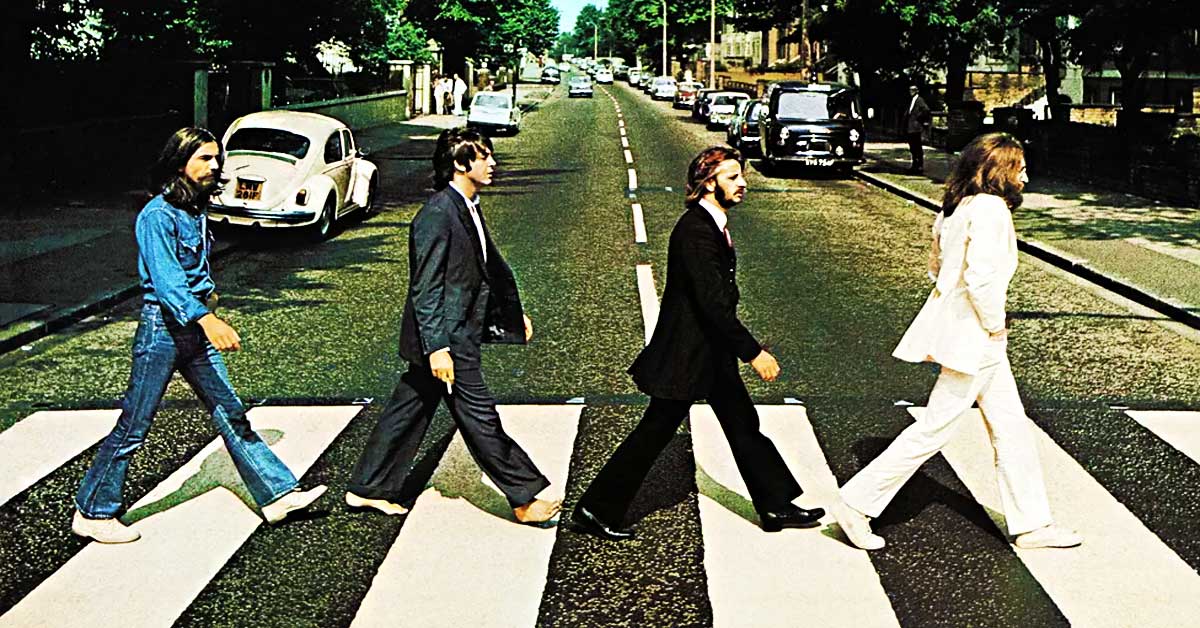In a world where artificial intelligence (AI) is pushing the boundaries of creativity, the music industry has recently witnessed a groundbreaking phenomenon. Just two months ago, an AI-generated song featuring fabricated performances by Drake and The Weeknd became a viral sensation, causing ripples throughout the industry.
The legendary band, The Beatles, is poised to replicate this success with their own twist. They plan to release their "final song," featuring none other than their deceased member, John Lennon.
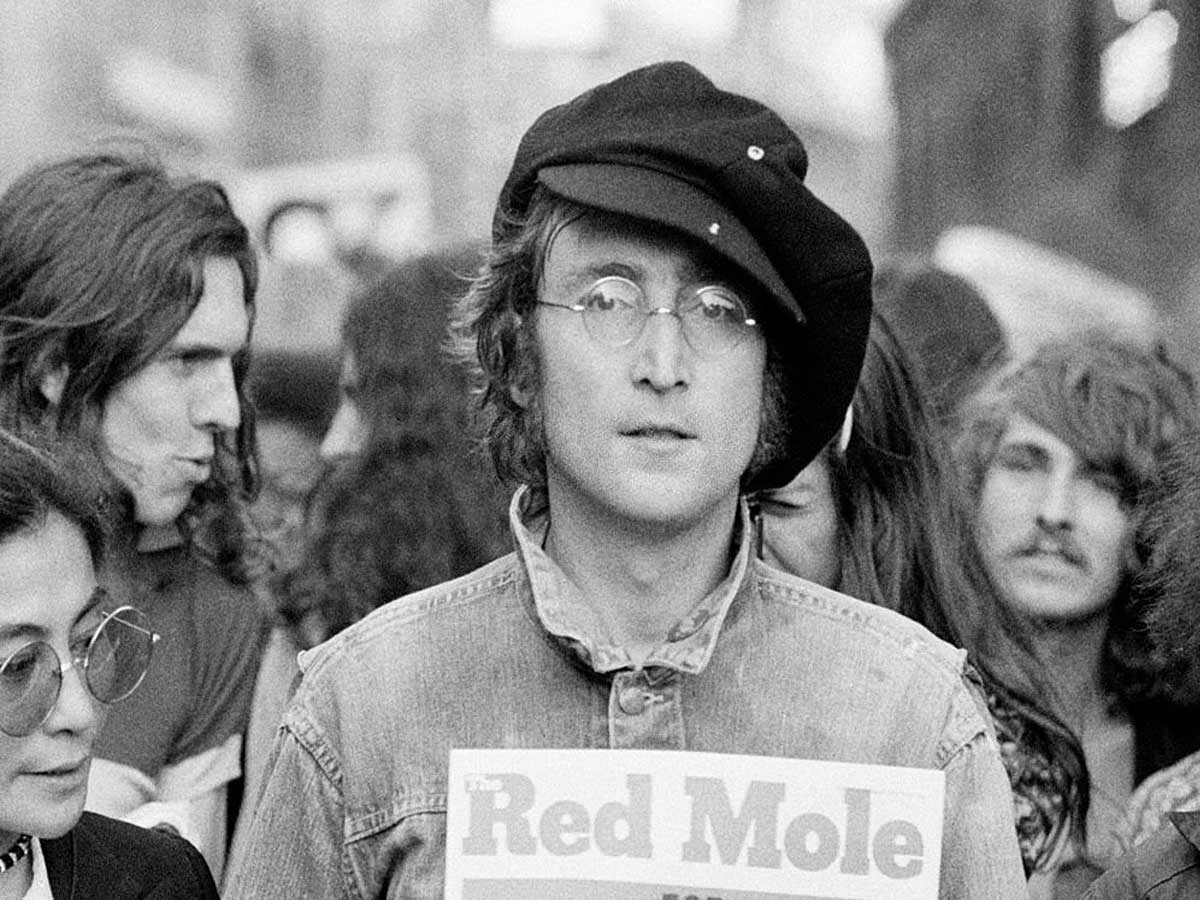
In a recent interview with the BBC, Paul McCartney revealed the innovative use of AI technology to extract Lennon's voice from an old demo, marking an extraordinary milestone in music history. Let's delve into the intriguing details behind this remarkable endeavor.
The forthcoming release, anticipated to be titled "Now And Then," originated from Lennon's creative spirit in 1978. Lennon had recorded the song on a simple cassette titled "For Paul" using a humble boombox in his New York City apartment.
Tragically, Lennon's life was cut short in 1980, leaving behind a treasure trove of unfinished musical gems. In this context, McCartney, driven by a desire to honor Lennon's legacy, embarked on a groundbreaking project that would bring the final Beatles song to fruition.
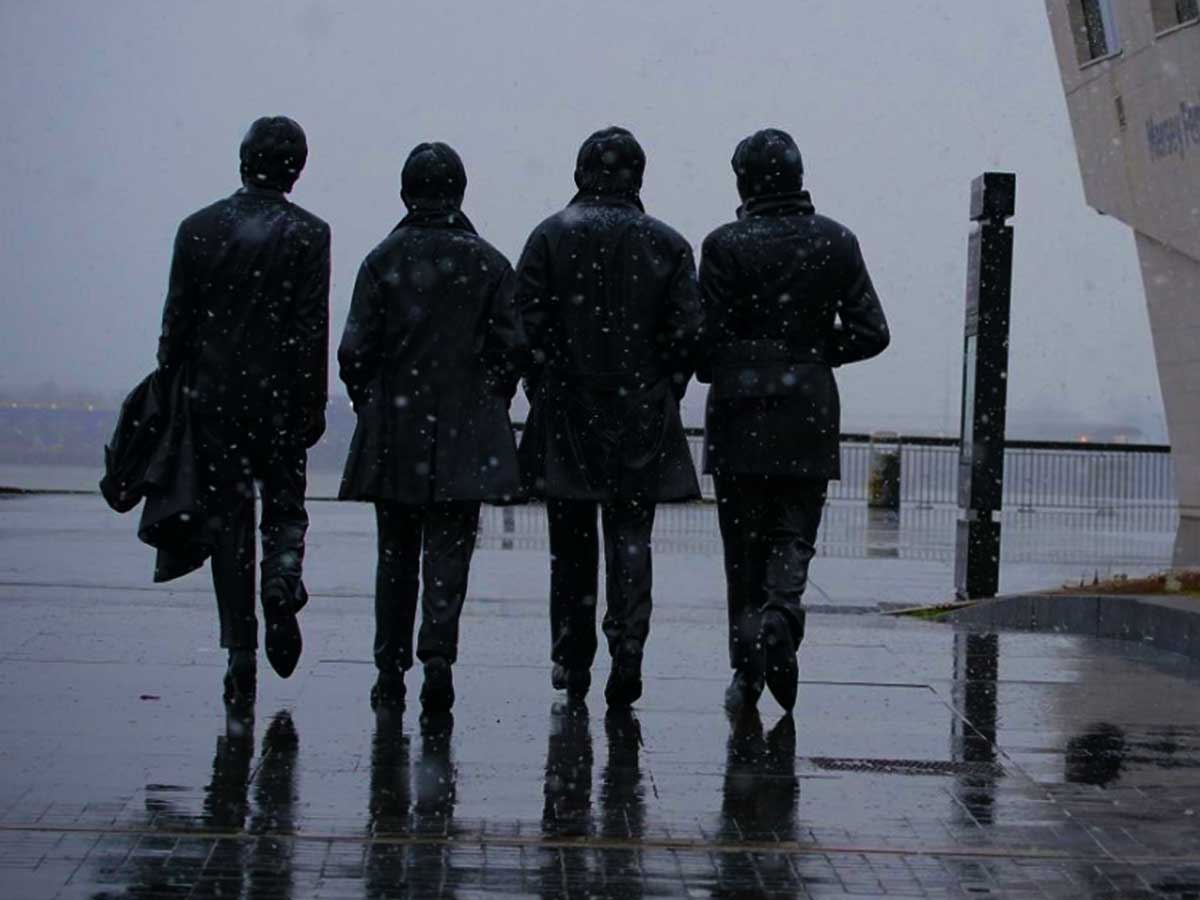
In his interview with the BBC, Paul McCartney shed light on the awe-inspiring technology that played a pivotal role in this extraordinary musical endeavor. McCartney disclosed that AI was employed to "extricate" Lennon's voice from the old cassette demo, providing the missing piece to complete the final song.
Collaborating with director Peter Jackson on 2021 Get Back documentary, the band gained valuable insights into the potential of AI. Through thorough training in computers, Jackson's team successfully isolated the voices of each band member and separated them from background noises and their instruments, resulting in pristine audio quality.
“We had John’s voice and a piano and he could separate them with AI. They tell the machine, ‘That’s the voice. This is a guitar. Lose the guitar.’ So when we came to make what will be the last Beatles’ record, it was a demo that John had [and] we were able to take John’s voice and get it pure through this AI,” McCartney told the BBC. “Then we can mix the record, as you would normally do. So it gives you some sort of leeway.”
Regarding Lennon's contribution, Peter Jackson's team faced a unique challenge. They had to extract Lennon's voice from a "ropey little bit of cassette," as McCartney vividly described. This was the crucial breakthrough that would allow the team to unleash the power of AI.
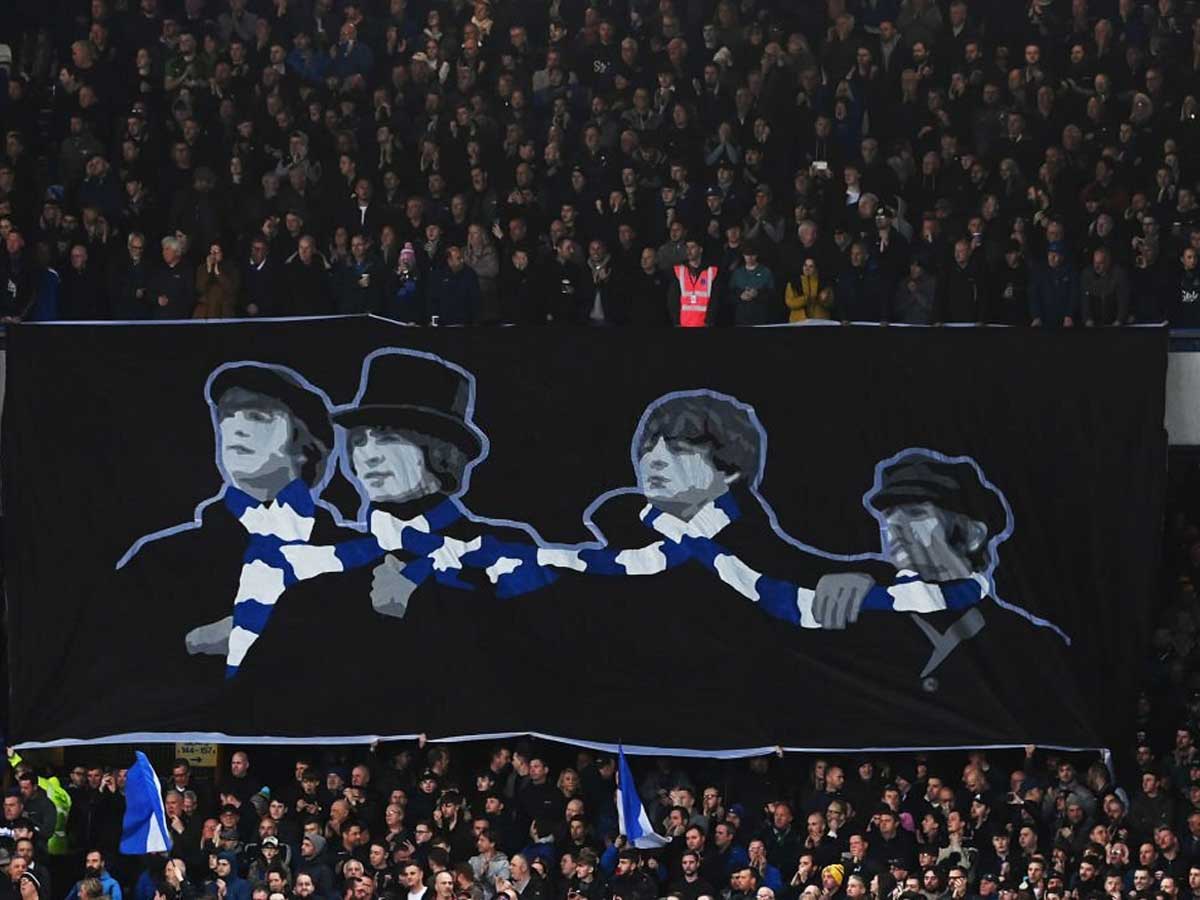
By training the machines to identify Lennon's voice amidst the guitar and other accompanying elements, they could separate and preserve the purity of Lennon's vocals.
McCartney explained that this AI-driven process breathed new life into the recorded demo, allowing the band to mix the final song in the way they would typically approach their musical creations. Thus, the blend of Lennon's voice and the accompanying piano resulted in a composition that captures the essence of his artistry.
Paul McCartney's experience with AI left him in a state of fascination and concern. The immense potential of AI in music production amazed him, yet he acknowledged the ethical dilemmas it poses.
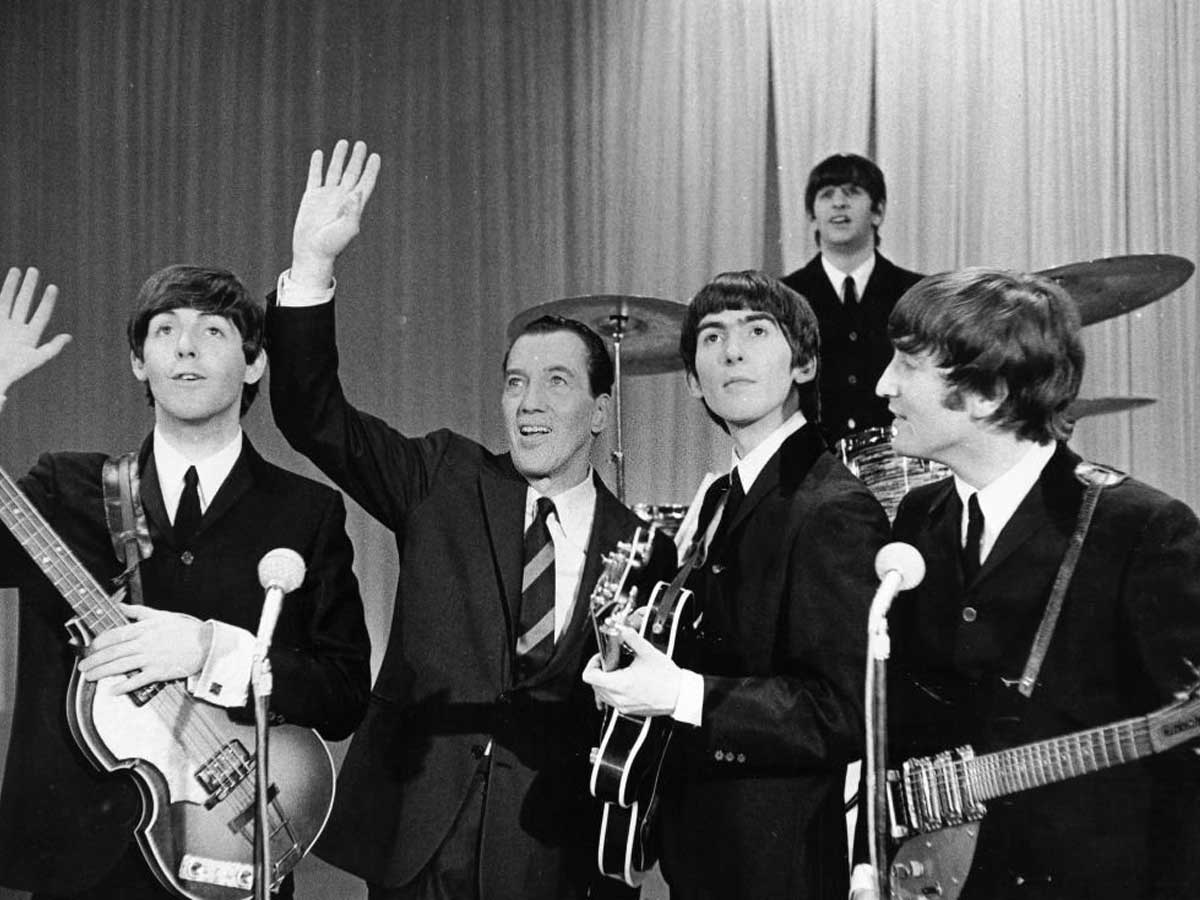
He pointed out that some individuals exploit AI to recreate Lennon's voice, blurring the lines between authenticity and replication. Nevertheless, McCartney emphasized that the final song, born from the collaboration of Lennon's original recording and AI technology, represents a genuine expression of Lennon's talent.
As McCartney reflected on this groundbreaking endeavor, he expressed excitement and trepidation regarding the future of AI in music. The release of this final Beatles song serves as a testament to the remarkable possibilities that lie ahead.
The marriage of human artistry and AI innovation has the potential to shape the musical landscape in ways both awe-inspiring and unsettling. McCartney concluded with a sense of wonder, emphasizing that this extraordinary creation is a testament to the evolving nature of music production and the uncharted territories awaiting exploration.
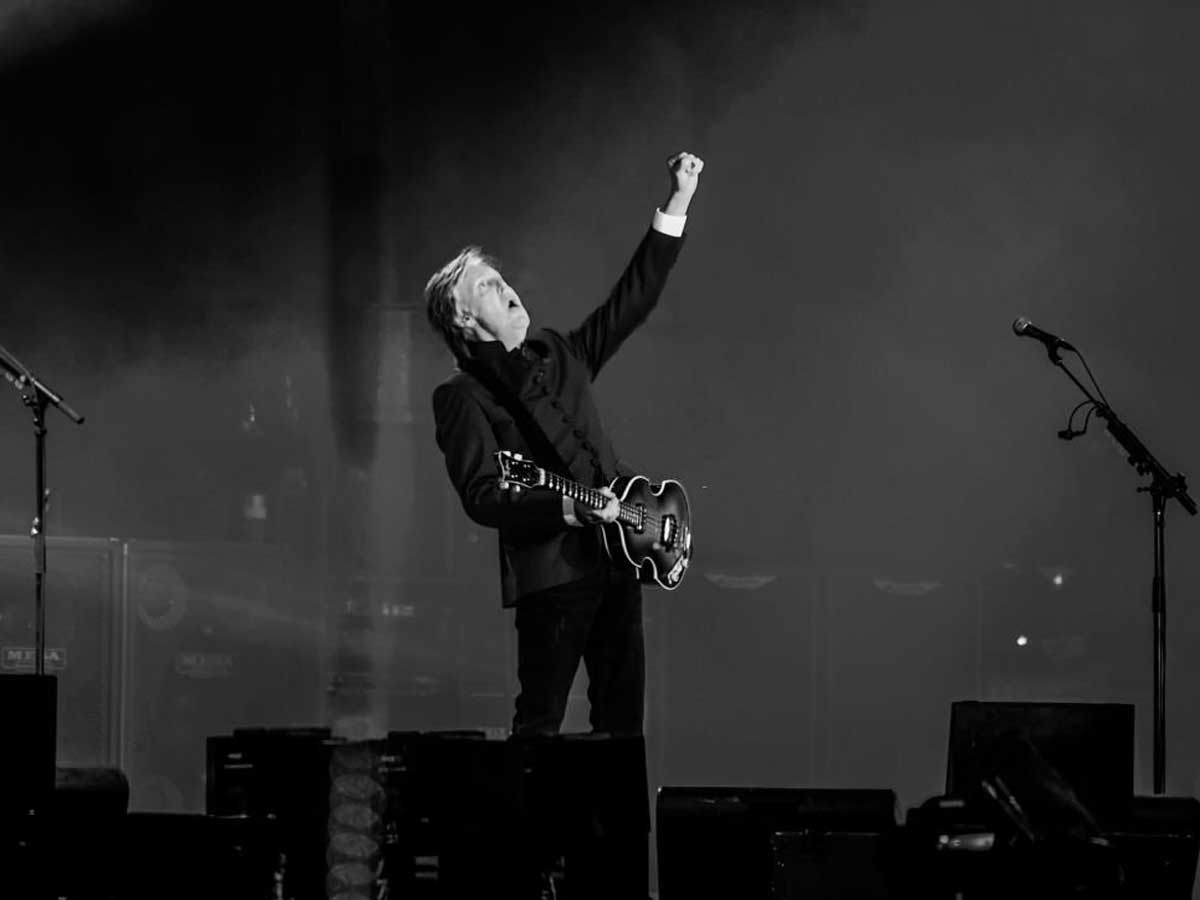
The Beatles' journey with AI and the resurrection of John Lennon's voice in their final song heralds a new era in the music industry. Through cutting-edge technology, Lennon's recorded voice, carefully extracted and purified, will unite with the band's musical expertise to create a composition that encapsulates the essence of his genius.
While AI's potential to recreate and manipulate voices raises valid concerns, this innovative endeavor represents a unique tribute to an iconic artist. The forthcoming release pays homage to Lennon's creative legacy. It serves as a powerful testament to the evolving landscape of music production, where the boundaries of what is possible continue to be pushed beyond our wildest imagination.
Sources: bbc.com / gizmodo.com
